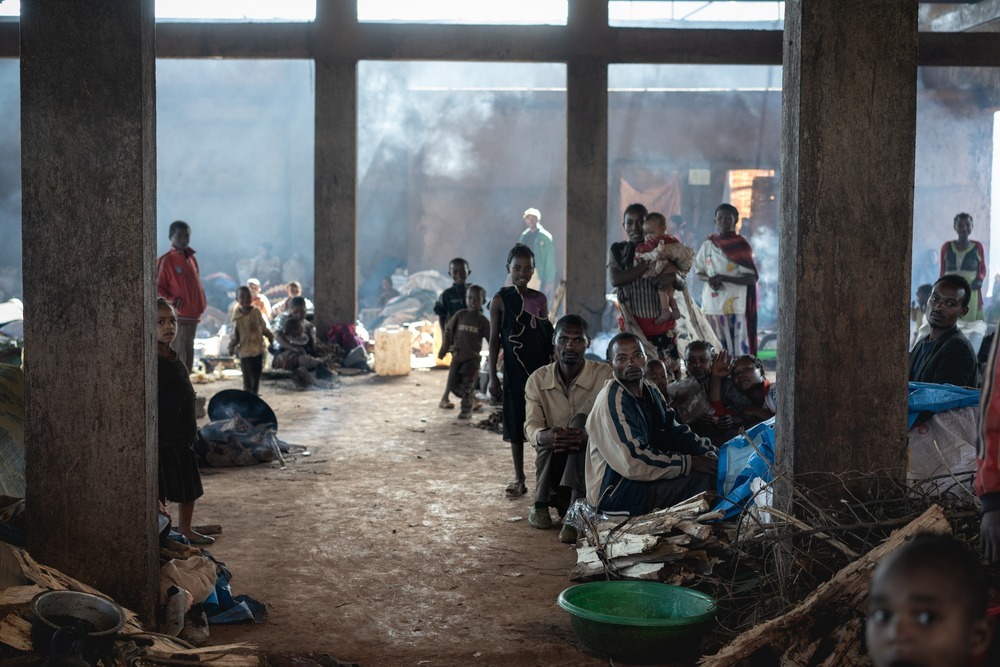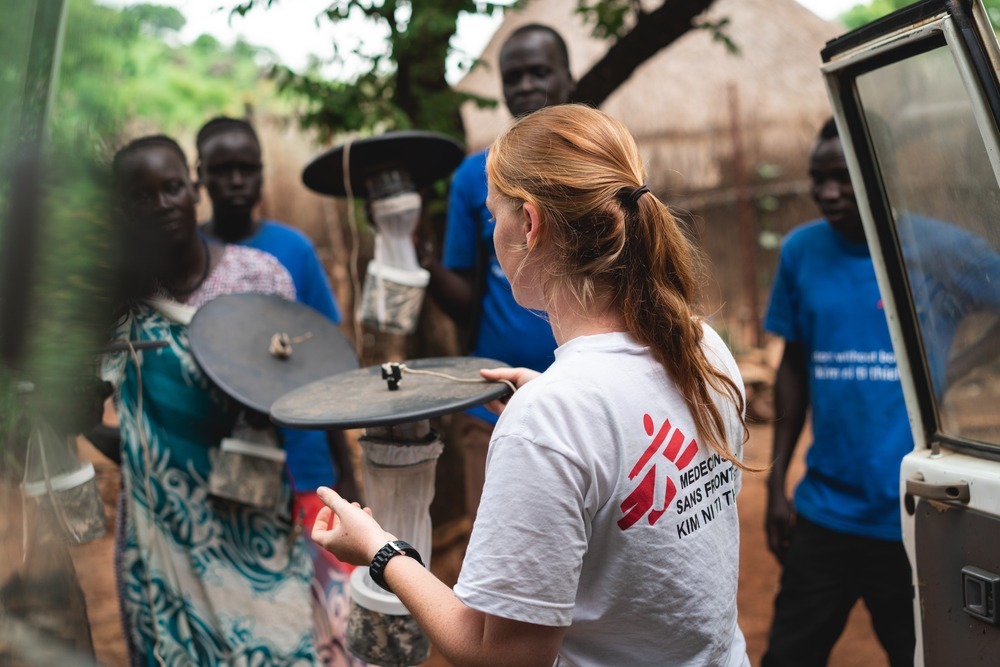Ethiopia suffered a series of famines in the 1980s, but has since begun to recover. It is now the largest economy in East and Central Africa. Médecins Sans Frontières has worked in the country since 1984.
MSF teams fill healthcare gaps, respond to conflict and disease emergencies, and assist with the needs of a growing refugee population.
Our staff operate and support several health facilities in regional hospitals as well as at refugee entry points and in camps for internally displaced peoples (IDPs). Teams work in 10 outreach clinics in remote locations, organising vaccination campaigns, offering support rations for hunger-affected families, and setting up project sites providing medical care and water supplies.


